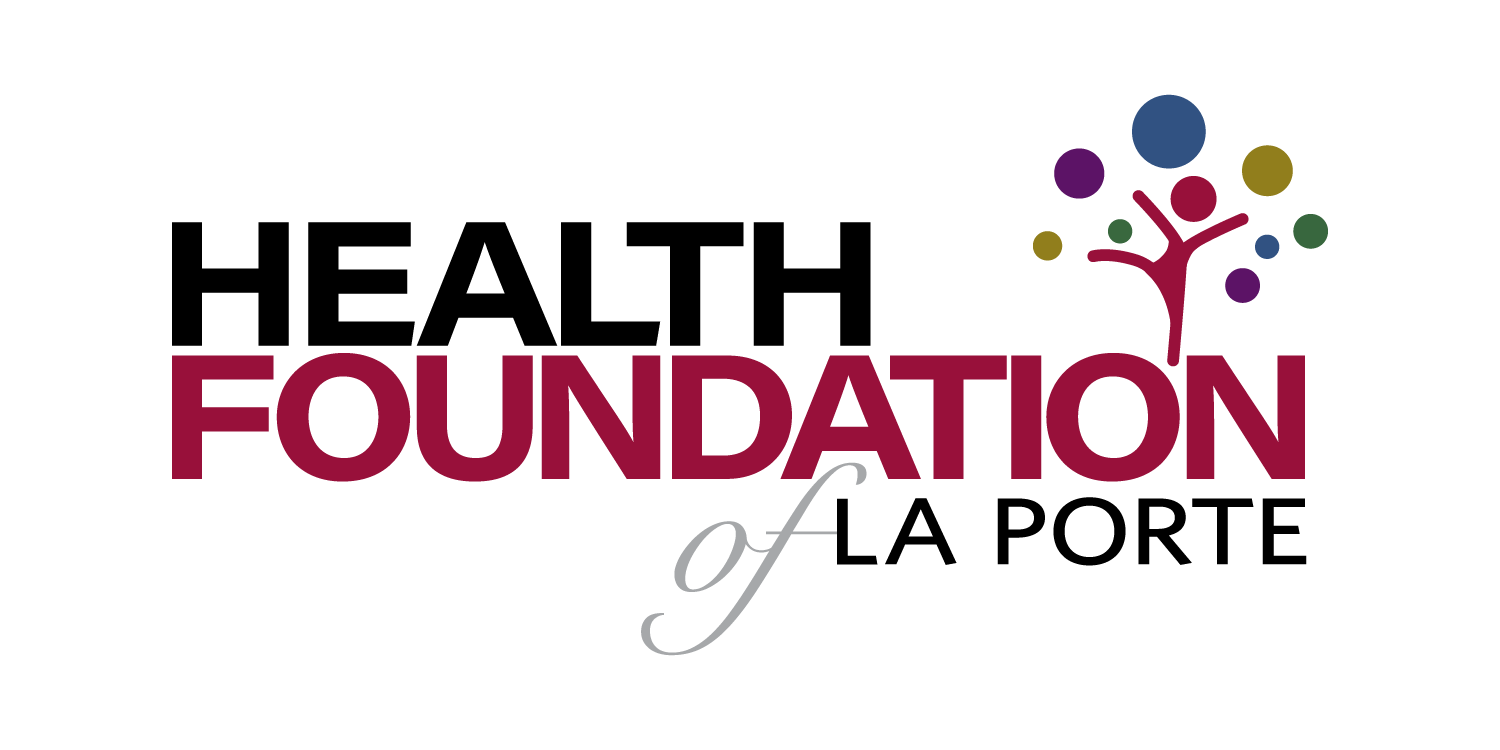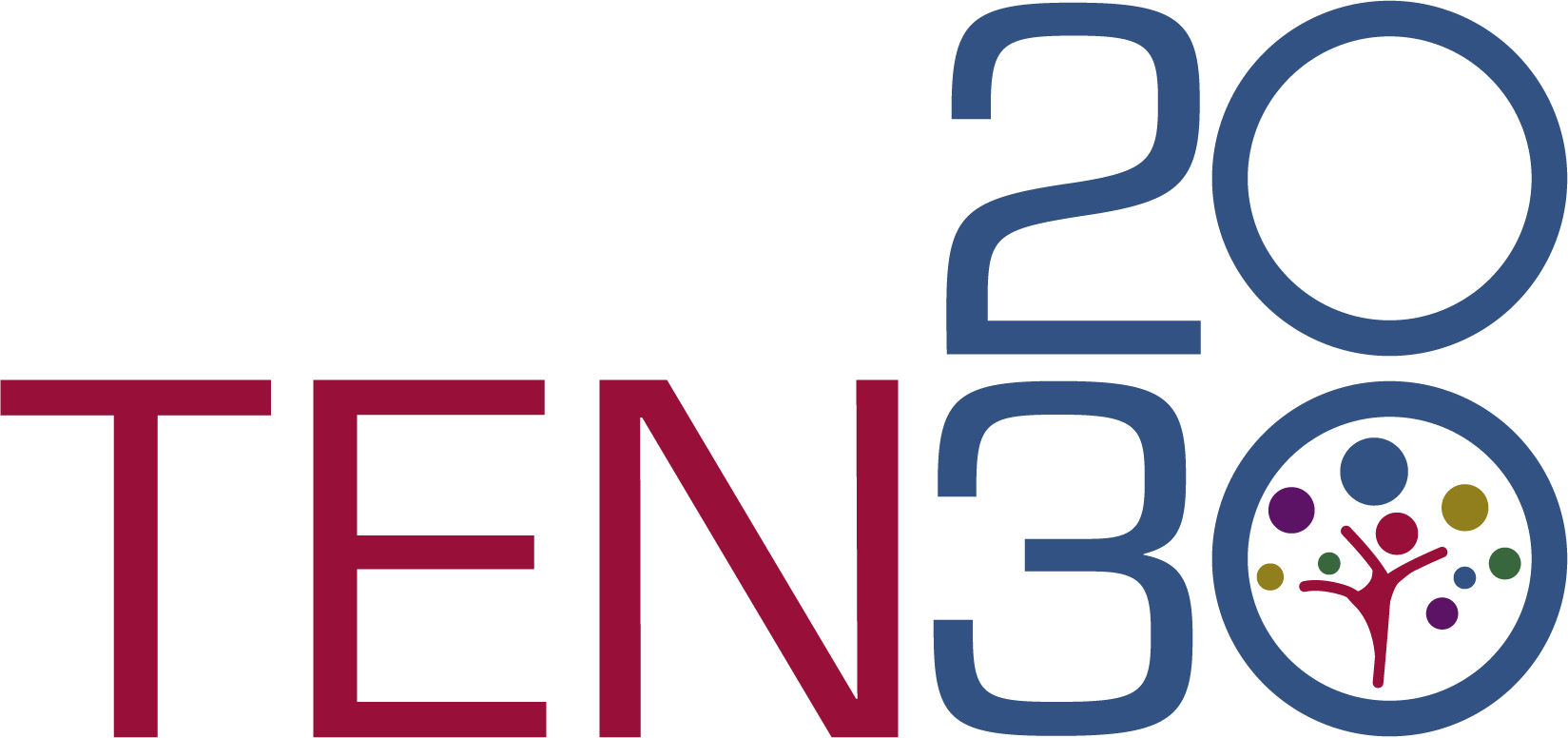Promising Practices
The Promising Practices database informs professionals and community members about documented approaches to improving community health and quality of life.
The ultimate goal is to support the systematic adoption, implementation, and evaluation of successful programs, practices, and policy changes. The database provides carefully reviewed, documented, and ranked practices that range from good ideas to evidence-based practices.
Learn more about the ranking methodology.
Filed under Good Idea, Health / Respiratory Diseases, Children, Urban
Goal: The goal of the Cambridge-Somerville Healthy Homes Project is to lower the frequency of asthma attacks in children and help families make their homes safer.
Filed under Evidence-Based Practice, Health / Cancer, Adults
Goal: The goal of this program is to improve colorectal cancer screening rates among older adults.
Impact: Participants in the intervention group had significantly higher colorectal cancer screening attendance, as well as having more positive attitudes about screening and placing a higher priority on screening.
Filed under Effective Practice, Health / Physical Activity, Children, Families, Urban
Goal: The goal of Shape Up Somerville is to prevent obesity through a community-based environmental change intervention.
Impact: Through multi-level social interventions (community, school, family) intake of sugar-sweetened beverages and screen time can decrease among children.
Filed under Effective Practice, Health / Maternal, Fetal & Infant Health, Children
Goal: The goal of this program was to reduce health and developmental problems for low-birth-weight and premature infants.
Filed under Good Idea, Health / Children's Health, Families
Goal: The objectives of the campaign are (1) to educate parents about the importance of talking with their children and (2) to model techniques parents can use to have rich and elaborate conversations with their children.
Comparative Cost Analysis of Housing and Case Management Program for Chronically Ill Homeless Adults Compared to Usual Care (Chicago, Illinois)
Filed under Effective Practice, Economy / Housing & Homes, Adults, Urban
Goal: To assess the costs of a housing and case management program in a novel sample: homeless adults with chronic medical illnesses.
Impact: Compared to usual care, the intervention group generated an average annual cost savings of (−)$6,307 per person (95 percent CI: −16,616, 4,002; p = .23). Subgroup analyses of chronically homeless and those with HIV showed higher per person, annual cost savings of (−)$9,809 and (−)$6,622.
Effect of a housing and case management program on emergency department visits and hospitalizations among chronically ill homeless adults: a randomized trial (Chicago, Illinois)
Filed under Effective Practice, Economy / Housing & Homes, Adults, Women, Men, Older Adults, Racial/Ethnic Minorities
Goal: To assess the effectiveness of a case management and housing program in reducing the use of urgent medical services among homeless adults with chronic medical illnesses.
Impact: For every 100 homeless adults offered the intervention, the expected benefits over the next year would be 49 fewer hospitalizations, 270 fewer hospital days, and 116 fewer ED visits.
Filed under Evidence-Based Practice, Health / Respiratory Diseases
Impact: The Community Preventive Services Task Force (CPSTF) recommends school-based asthma self-management interventions to reduce hospitalizations and emergency room visits among children and adolescents with asthma. Evidence shows interventions are effective when delivered by trained school staff, nurses, and health educators in elementary, middle, and high schools serving diverse populations.
When implemented in schools in low-income or minority communities, interventions are likely to promote health equity.
Filed under Evidence-Based Practice, Health / Diabetes
Impact: The Diabetes Community Guide can improve biological components of diabetes for those treated for either type 1 or type 2 diabetes in both community clinics and managed care organizations.
CDC COMMUNITY GUIDE: Diabetes Prevention and Control: Case Management Interventions to Improve Glycemic Control (USA)
Filed under Evidence-Based Practice, Health / Diabetes, Children, Teens, Adults, Women, Men, Families
Impact: The Community Preventive Services Task Force has found that case management helps improve glycemic control for patients with diabetes.

